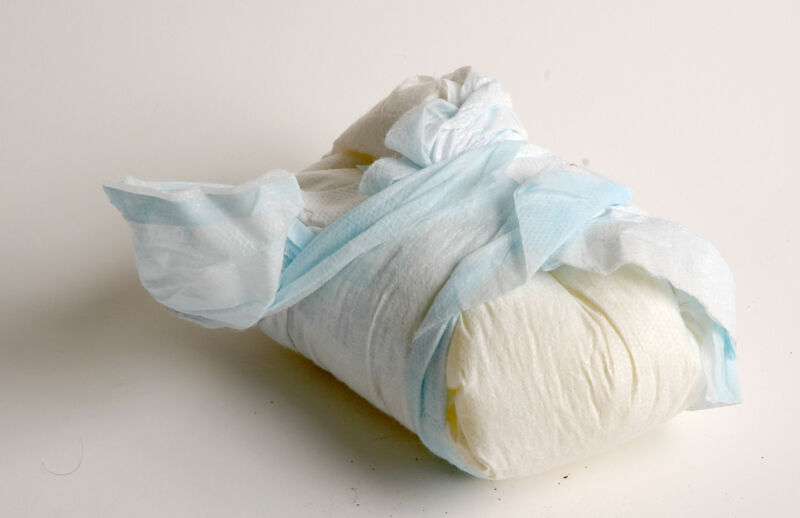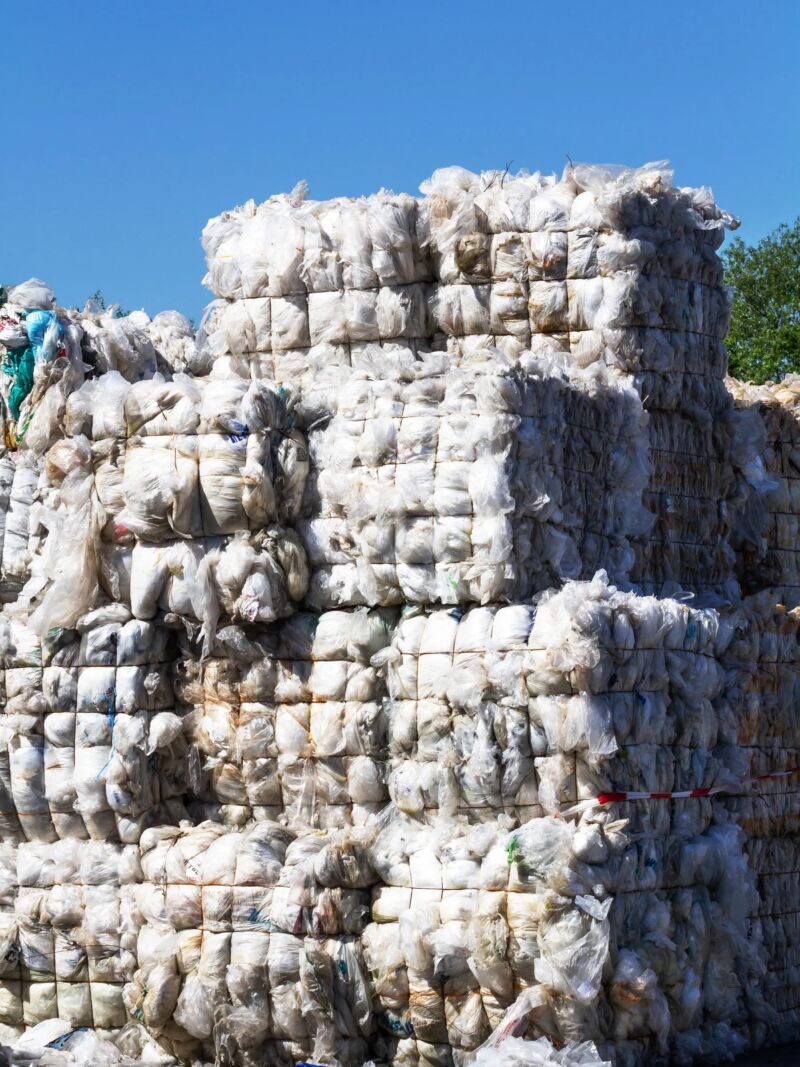-
chevron_right
What a waste: New York City budget cuts eviscerate community composting groups
news.movim.eu / TheGuardian · Sunday, 11 February - 17:00
City’s waffling on food scrap programs not only harms environment but also hinders participation in waste management schemes
Steven Roig was excited to land a job trucking and processing compost in May of last year. After graduating from a jobs training program called Green City Force , he had spent much of his adult life making New York City greener through his work on green roofs, urban agriculture and landscaping. He especially loved working in compost, being part of the team at Big Reuse that processed 10,000lbs of food scraps and yard waste from Brooklyn and Queens every week, helping the organic waste on its journey back to becoming healthy soil.
“It’s a lot of hard work, but I enjoyed collecting the scraps, processing them and seeing them go through all the different cycles,” he said.
Continue reading...





